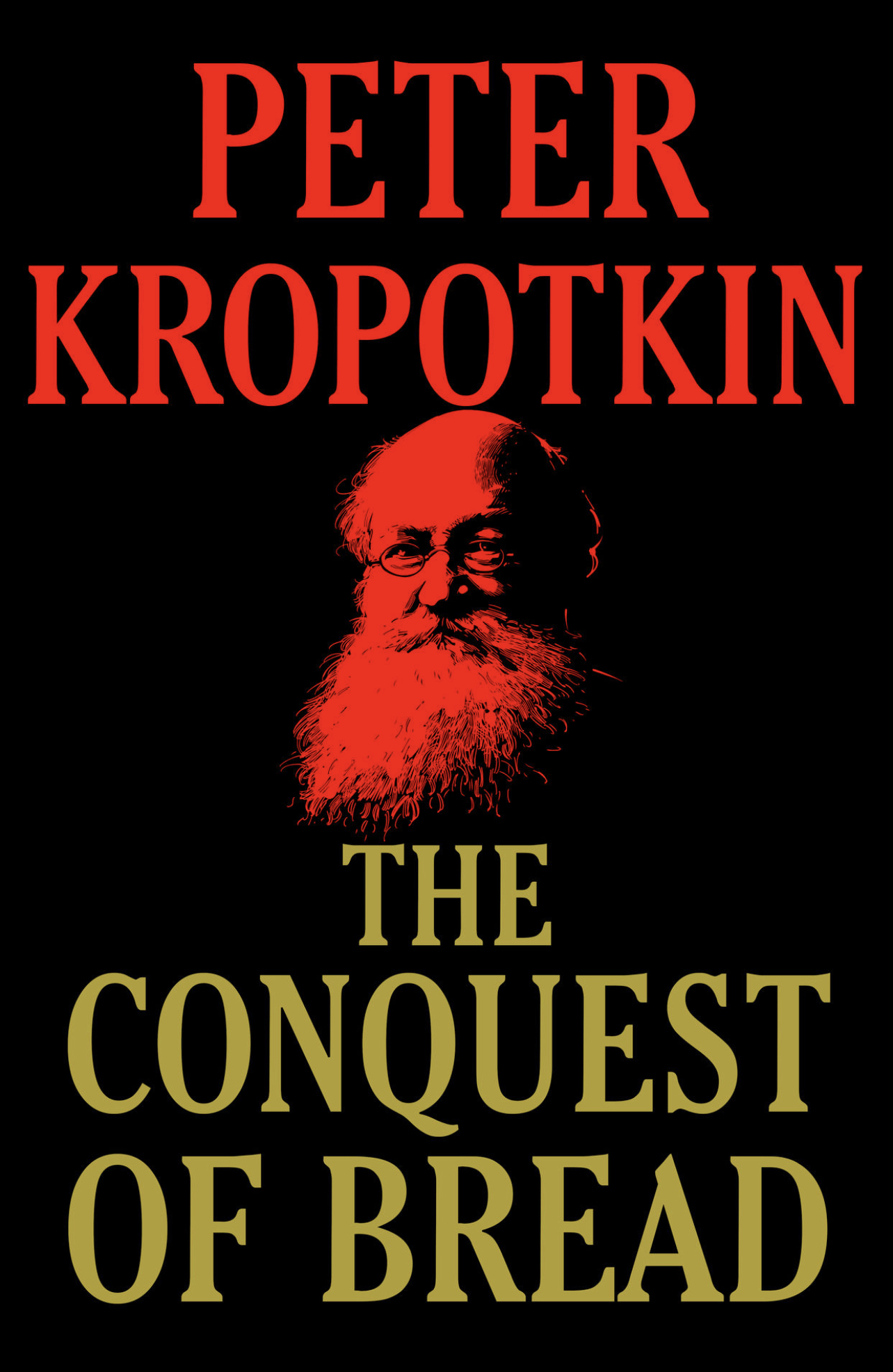The Conquest of Bread Chapter 10. Agreeable work
Author: Peter Kropotkin Publisher: N/A Publish Date:1892 Review Date: Status:📚
Annotations
168
When socialists maintain that a society, freed from the rule of the capitalists, would make work agreeable, and would suppress all repugnant and unhealthy drudgery, they are laughed at. And yet even today we can see the striking progress that is being made in this direction; and wherever this progress has been achieved, employers congratulate themselves on the economy of energy obtained thereby.
168
It is evident that a factory could be made as healthy and pleasant as a scientific laboratory. And it is no less evident that it would be advantageous to make it so. In a spacious and well-ventilated factory the work is better; it is easy to introduce many small ameliorations, of which each represents an economy of time or of manual labour. And if most of the workshops we know are foul and unhealthy, it is because the workers are of no account in the organization of factories, and because the most absurd waste of human energy is the distinctive feature of the present industrial organization.
168
Nevertheless, now and again, we already find, even now, some factories so well managed that it would be a real pleasure to work in them, if the work, be it well understood, were not to last more than four or five hours a day, and if everyone had the possibility of varying it according to his tastes.
170
This question has, however, been so frequently discussed in socialist newspapers that public opinion should already be educated on this point. Factory, forge and mine can be as healthy and magnificent as the finest laboratories in modern universities, and the better the organization the more will man’s labour produce. If it be so, can we doubt that work will become a pleasure and a relaxation in a society of equals, in which ‘hands’ will not be compelled to sell themselves to toil, and to accept work under any conditions? Repugnant tasks will disappear, because it is evident that these unhealthy conditions are harmful to society as a whole. Slaves can submit to them, but free men will create new conditions, and their work will be pleasant and infinitely more productive. The exceptions of today will be the rule of tomorrow. The same will come to pass as regards domestic work, which today society lays on the shoulders of that drudge of humanity – woman.
171
A society regenerated by the revolution will make domestic slavery disappear – this last form of slavery, perhaps the most tenacious, because it is also the most ancient.
172
Isolation, alternating with time spent in society, is the normal desire of human nature. This is why one of the greatest tortures in prison is the impossibility of isolation, much as solitary confinement becomes torture in its turn, when not alternated with hours of social life.
Note: The unquestioned dogma: “humans are social creatures! Solitude is unhealthy! Why? It just is. No I don’t have attachment issues. Don’t leave me!“
174❗️
Cleaning, rubbing the skin off your hands when washing and wringing linen; sweeping floors and brushing carpets, thereby raising clouds of dust which afterwards occasion much trouble to dislodge from the places where they have settled down, all this work is still done because woman remains a slave, but it tends to disappear as it can be infinitely better done by machinery. Machines of all kinds will be introduced into households, and the distribution of motor-power in private houses will enable people to work them without muscular effort.
174
Such machines cost little to manufacture. If we still pay very much for them, it is because they are not in general use, and chiefly because an exorbitant tax is levied upon every machine by the gentlemen who wish to live in grand style and who have speculated on land, raw material, manufacture, sale, patents and duties.
174
But emancipation from domestic toil will not be brought about by small machines only. Households are emerging from their present state of isolation; they begin to associate with other households to do in common what they did separately.
